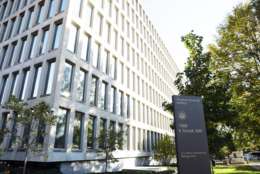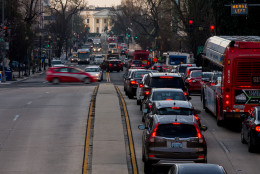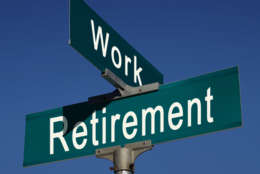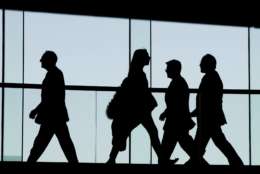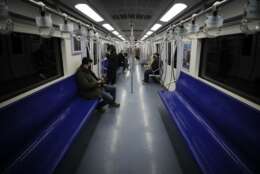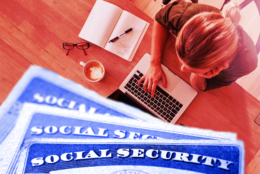Mike Causey
-
When I made my stop-the-presses announcement that I’m moving into phased retirement, I found out a couple of things.
March 06, 2020 -
Well, it finally happened. After 10-plus years, the longest bull market in history, the stock market had an historic correction.
March 05, 2020 -
Experts from the National Active and Retired Federal Employees Association said the election season will overshadow much of what should happen on Capitol Hill.
March 04, 2020 -
The Democratic presidential primaries are great drama this year and the coronavirus scare is super important. That said, until a lot more is known, life goes on.
March 04, 2020 -
Lobotomizing of federal telework programs could be happening for a couple of reasons but the coronavirus is presenting a new test of that trend.
March 03, 2020 -
Phased retirement hasn't been as popular among federal employees as expected, but Mike Causey is willing to give it a shot.
March 02, 2020 -
While the short-term impact is obvious, the long-range impact of the coronavirus scare on the world economy, the stock market, and your Thrift Savings Plan nestegg is yet too be determined.
February 28, 2020 -
The White House's proposal would eliminate a long-time benefit which provides “gap” payments to employees, like federal firefighters, forced to retire as early as age 57.
February 27, 2020 -
Working for the federal government has its rewards and challenges. The same when you retire — a lot of options which also means a lot of choices.
February 26, 2020 -
Is this maybe not the best time for government agencies to be cutting back on their telework programs? Can you say coronavirus?
February 25, 2020 -
Even in the federal government where workers are supposed to be treated the same and be paid based on their grade level, there are differences. Take the two main retirement systems.
February 24, 2020 -
One of the great fears of people planning for retirement is running out of, or low on money while they are still breathing.
February 21, 2020 -
While there are some really dangerous federal jobs, including law enforcement officers, firefighters and prison personnel, even the 9-to-5 office positions are pretty scary now.
February 20, 2020 -
For many people nearing retirement, running out of money is one of the top fears. Unless they work for the federal government.
February 19, 2020 -
The two decades-old laws impact, as in reduce or almost eliminate, the Social Security benefits of 1.8 million public servants.
February 18, 2020

